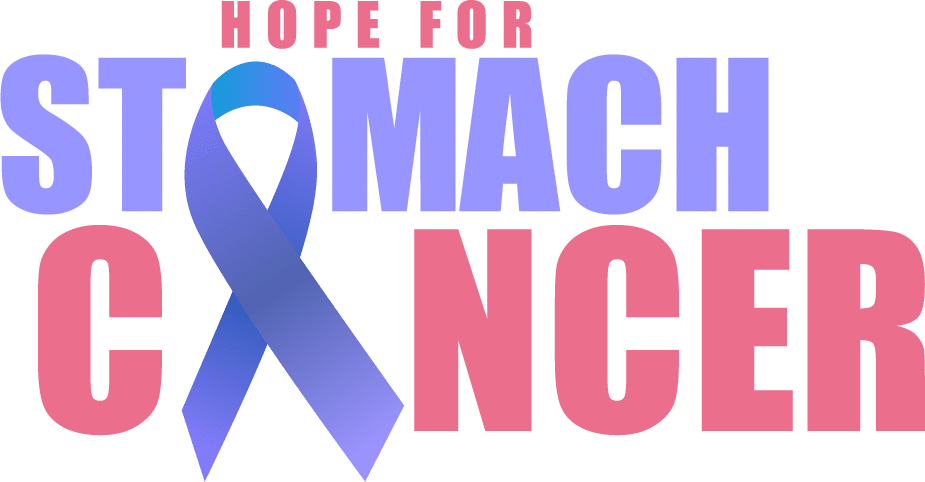Karen Oelschlaeger from Montpelier, Vermont
I was 33 when I was first diagnosed, two days before my 34th birthday. I was 36 when I was diagnosed with Stage IV peritoneal metastasis and carcinomatosis earlier this year (2020).

How were you diagnosed?
I had stomach problems since fall of 2017. I repeatedly reported my symptoms to my primary care provider. In February 2018, my labs showed I was severely anemic, so my doctor told me to head straight to the Emergency Room for an immediate blood transfusion due to severe, life-threatening anemia. My boss drove me to the ER, and I missed my plane for my big trip to Norway. An endoscopy was performed to determine the cause of my internal bleeding. However, whether because it was the end of the day on a Friday or due to the fact that I’m none of the “high risk” demographics for stomach cancer, the doctors did not biopsy. I was diagnosed with a “benign-appearing ulcer” and sent home with a prescription for omeprazole to manage the symptoms from my “ulcer.” I was finally diagnosed with stomach cancer in May 2018 when I returned for a follow-up endoscopy to ensure the “ulcer” had healed. (I often wonder how my life would be different had I been diagnosed sooner.)
I was diagnosed with Stage IV cancer with peritoneal metastasis and carcinomatosis on August 19, 2020 after severe weight loss and admission to the hospital for a surgery to remove suspected adhesions from my last surgery. Spoiler alert: my bowel was obstructed by three tumors, one the size of a golf ball, not adhesions.
What was your treatment?
After my initial diagnosis, I received FLOT chemotherapy, a partial gastrectomy, then chemoradiation. Now that my cancer has returned, I receive Keytruda immunotherapy once every three weeks.
What is your hope? Or what do you want to share with others?
I never realized all the things I took for granted until I lost some of my most basic bodily functions due to this illness. Today, I am grateful I can walk, I am grateful I can drive, I am grateful for every day that I do not vomit, and I am especially grateful I can eat. I am grateful every moment that I do not suffer. My hope is that I will die with minimal suffering. I am grateful to live in a Medical Aid in Dying state, as this option has alleviated a huge amount of anxiety around my fear of suffering. My top priority is quality of life, not quantity of life.

